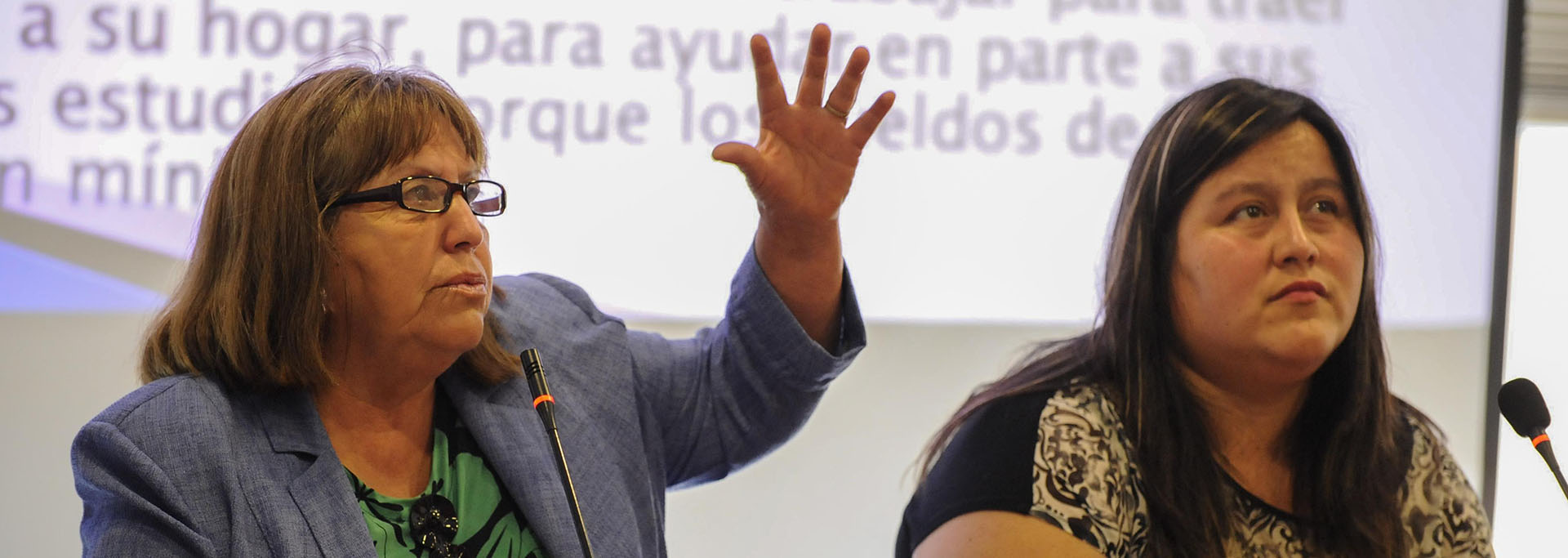The opportunity to participate in decision-making processes which are fair, accountable, open and corruption-free is essential to the growth of a culture of climate justice. The voices of the most vulnerable to climate change must be heard and acted upon. A basic of good international practice is the requirement for transparency in decision-making, and accountability for decisions that are made. It must be possible to ensure that policy developments and policy implementation in this field are seen to be informed by an understanding of the needs of low income countries in relation to climate justice, and that these needs are adequately understood and addressed.
Decisions on policies with regard to climate change taken in a range of fora from the UNFCCC to trade, human rights, business, investment and development must be implemented in a way that is transparent and accountable: poverty can never be an alibi for government failure in this sphere.
